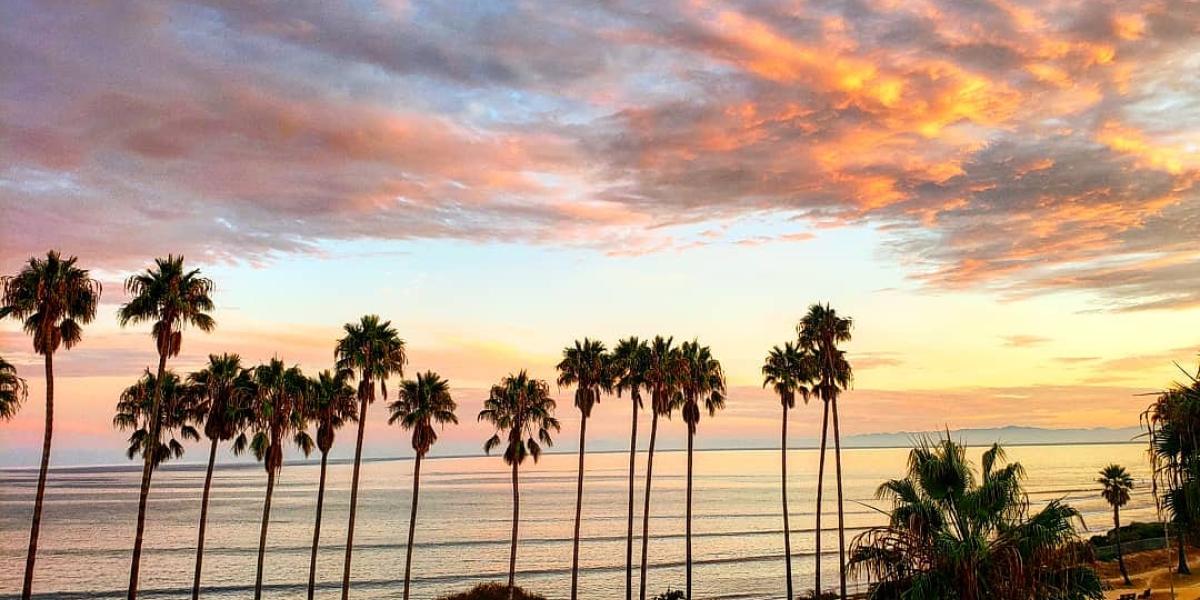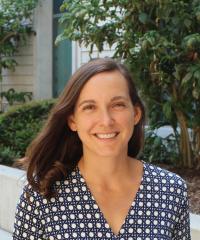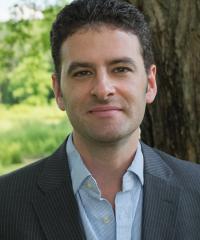
Can a workshop held every year still be called an “occasional” workshop? Thanks to the pandemic, we no longer have to ask ourselves that question. After a two-year hiatus, the Occasional Workshop in Environmental and Resource Economics at UCSB was back in person on April 30-May 1 2022.
90 participants, from early stage graduate students to Emeritus professors, traveled from across the US, Canada, Brazil, and the United Kingdom to attend. The weather was beautiful (the bliss temperature to which short run temperature regressions are normalized) and everyone was excited to see old friends and make new ones after too many months of Zoom meetings.
As usual at an academic conference, the talks delivered a mix of good and bad news. We’ve sorted a few highlights so that you can selectively improve or depress your mood. Note: we cover the papers presented that are also publicly available. Links will take you to the full paper.
The (mostly) good news:
A lot of attention is paid to activist investing, but not much evidence exists on its impacts. Kunal Sachdeva and coauthors start to fill that gap with a careful case study that shows… (drumroll) it can work! Emissions fall in response to shareholder demands, and plants invest more in abatement equipment.
Joe Shapiro took us on a tour of automobile pollution emissions over the past 45 years, during which emissions declined by 99%. The vast majority of that decline comes from exhaust standards. That’s the good news. Unfortunately, it turns out that these standards are not cost effective because they make people hang on to their dirty cars longer.
Pollution makes you sick. So does the flu. Sound like bad news? Well, Gregor Singer tells us that vaccines help protect against the flu and are even more important when it’s polluted – and pollution control is even more beneficial when people have the flu. In case you needed more encouragement: get vaccinated!
Thought that preserving the Amazon was just too expensive? Turns out, it depends a lot on which places get conserved. Marcelo Sant’Anna and coauthors highlight the heterogeneity in both carbon emissions and the value of development across the Amazon and demonstrate that even small carbon taxes can save a lot of forest, and efficiently.
Ever wondered why ride share app wait times vary so much? Rob Metcalfe revealed that it’s because of his experiments (among other things). The random variation lets him and his coauthors estimate the value people place on time, which is an important part of cost benefit analysis for regulations. Turns out that the values used by federal agencies are much too low.
The bad news:
Are economic development programs good or bad for the environment? Jeff Pagel studies large community driven development programs in the Philippines and finds clear evidence that they increased deforestation rates. Unfortunately, this means a tradeoff between development and environment that requires new and creative solutions.
All those years of progress modeling climate damages may miss a major point (or a few). Greg Casey explained the problem with these models: they assume similar impacts on firm productivity across different sectors. More accurately accounting for heterogeneity increases estimated climate damages by 4-24%.
Indigenous groups spend substantial amounts of time and money restoring rights to water in the west. Bryan Leonard and coauthors show that even when rights are restored, impacts on development outcomes are modest, at best. Maybe property rights aren’t a panacea?
India’s government sends funds to states following droughts. Sound like good news? Just when we were starting to feel good about things again, Lisa Tarquinio helps us see all the mis-targeting that goes on: as usual, politics plays a big role in which places get the transfers, and politicians direct funds to help sway close elections.
The other news:
Charlie Kolstad and Renato Molina celebrated their birthdays at the Occasional. They both seem to be enjoying their 30s.
If the occasion feels right, next year will be the 20th Occasional conference, marking 30 years since the first occurrence. We look forward to seeing you there. If we hold one, that is.




